TODAY: Partly sunny, breezy, milder. Winds: S 10-20. High: 53
SUNDAY NIGHT: Clouds increase, not as chilly. Low: 42
MONDAY: More clouds, few showers. High: 58
TUESDAY: Partly sunny, cooler breeze. Wake-up: 40. High: near 50
WEDNESDAY: Weak clipper, few rain showers. Wake-up: 37. High: 46
THURSDAY: Mostly cloudy and chilly. Wake-up: 34. High: 44
FRIDAY: Breezy & milder, showers north. Wake-up: 29. High: 48
SATURDAY: Clearing skies, still pretty quiet. Wake-up: 37. High: 49
School of Hard Knocks
"Most of what you learn won't be in a classroom or out of a book" my father told me 40 years ago. "You learn from your mistakes" he said. He was right. It's a painful learning curve, and it applies to most fields.
The atmosphere is a fluid; calculus predicts how parcels of air should behave, but the math isn't perfect. Neither is our digital snapshot of current weather, worldwide. We have good data over North America, Europe & Asia, but satellites fill in the blanks over much of the planet. Junk in - junk out. That's why the 7-Day accuracy is still sketchy.
We're drowning in weather models; hundreds to choose from. What to believe, and when?
That's why weather forecasting is still as much art as science. Bad art. Finger painting in the dark, some days.
All the models show seasonable warmth much of this week, with colder air returning next weekend - the atmosphere cold enough for snow by mid-November. But will there be any moisture? The pattern favors big storms on either coast; a cool, dry northwest flow aloft over Minnesota. Rain showers drift into town Monday, again Wednesday.
The first snow flurries of winter may be about 7-10 days away, about 3 weeks later than average.

Top Allergy Cities in America? Dr. Mark Seeley included this interesting nugget in his weekly Minnesota Weathertalk Newsletter; here's an excerpt: "... The
top three allergy cities in America this autumn season are Louisville,
KY (score 100), Wichita, KS (score 95.76), and Oklahoma City, OK (score
92.00). Minneapolis ranks 35th this autumn with a score of just 66.96.
Last year Minneapolis ranked 37th highest. Among upper Midwestern cities
this autumn, both Des Moines, IA and Madison, WI have higher scores
than Minneapolis. So I guess we should feel good about that..."
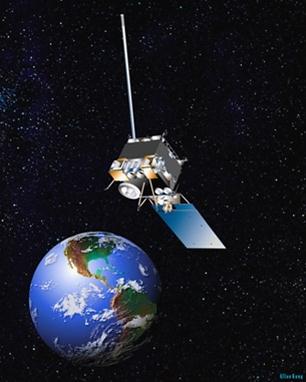
Our Failing Weather Infrastructure.
Something to truly worry about, or just part of the challenge of
running a big weather service with a lot of moving parts? Here's the
intro to an Op-Ed at The New York Times: "Last week the National Weather Service’s
satellite network crashed, leaving forecasters without crucial data as a
large nor’easter swirled across the East Coast, dumping record levels
of rain and leaving thousands of residents without power.This network
shutdown was the latest in a string of failures that has left the agency
unable to meet the needs of the nation. Earlier this year, the
service’s website collapsed under the weight of data requests from a
single Android app..."
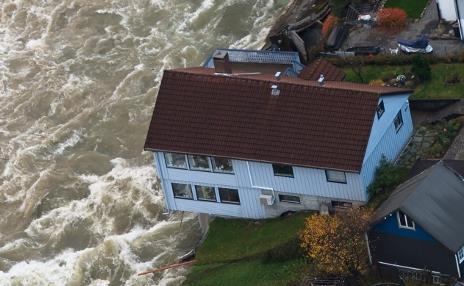
Severe Flooding Hits Western Norway. The flooding has been extensive, even historic in several areas, as Norway's The Local reports: "...Kronen said: “The
situation is far from being under control. The houses being taken by
the river will soon come to a closed off bridge south in Odda, and we
are paying close attention to the situation together with the army and
the fire department..."
Photo credit above: "A house on the River Opo, Odda, during the recent floods." Photo: Marit Hommedal/NTB scanpix.
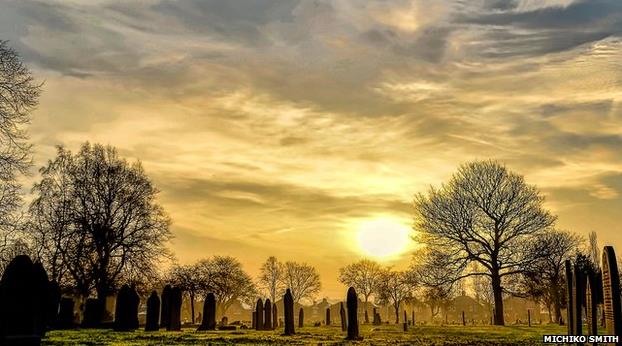
Photo credit above: "The sun rises above a graveyard in Normanton, West Yorkshire on the UK's warmest recorded Halloween." Credit": Michiko Smith.
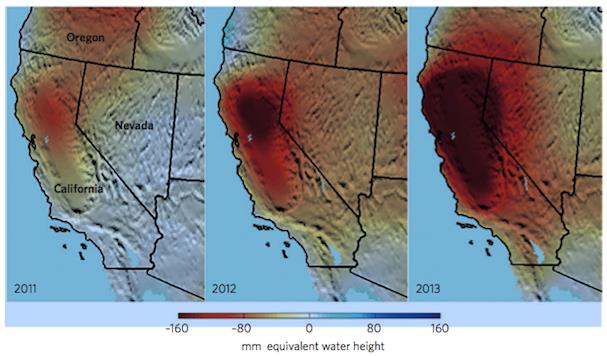
Image credit above: "Images by J.T. Reager, NASA Jet Propulsion Laboratory, California Institute of Technology, from "The Global Groundwater Crisis," Nature Climate Change, November 2014, by James S. Famiglietti."


Why The U.S. Has Fallen Behind In Internet Speed and Affordability. Where are the broadband disruptors? Because, according to this article at The New York Times, America's internet providers are providing substandard speeds at inflated prices; here's an excerpt: "...Downloading a high-definition movie takes about seven seconds in Seoul, Hong Kong, Tokyo, Zurich, Bucharest and Paris, and people pay as little as $30 a month for that connection. In Los Angeles, New York and Washington, downloading the same movie takes 1.4 minutes for people with the fastest Internet available, and they pay $300 a month for the privilege, according to The Cost of Connectivity, a report published Thursday by the New America Foundation’s Open Technology Institute..."
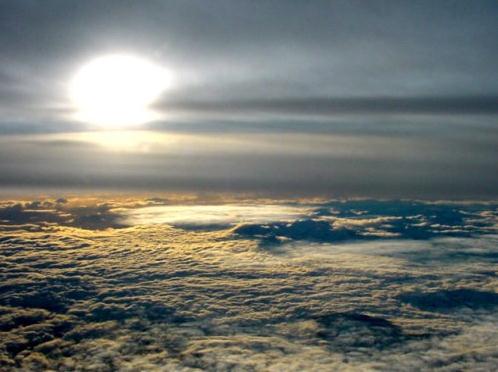
Climate Stories...
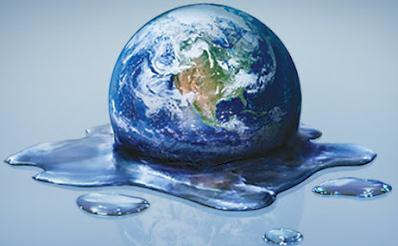
How Iowa Scientists Are Fighting To Get Climate Change on the Political Radar. Think Progress has the story - here's the introduction: "A little less than three weeks ago, over 180 Iowa scientists sent a clear message to their state’s leaders: climate change is here, is impacting Iowans and needs to be taken seriously. The Iowa Climate Statement 2014: Impacts on the Health of Iowans was the fourth iteration of an annual effort by the Iowans who actually study climate change to raise awareness among their fellow residents, their state lawmakers and their national representatives..."
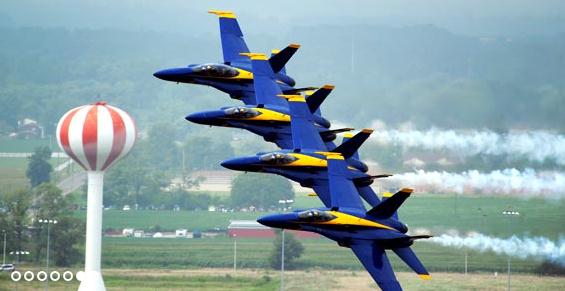

* The Weather Channel's official Position Statement on climate change is here.
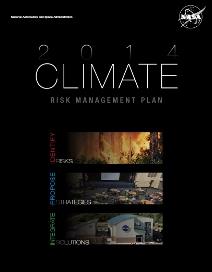
No comments:
Post a Comment